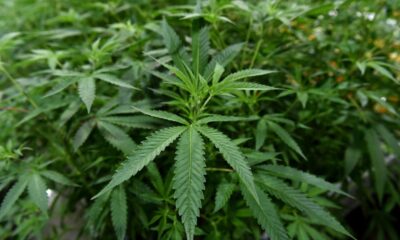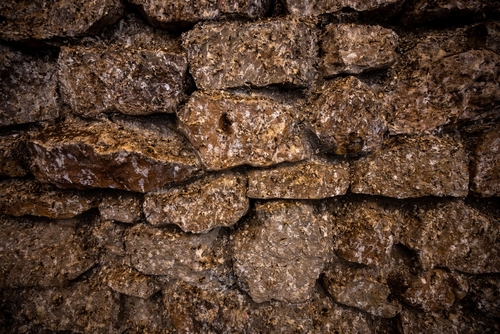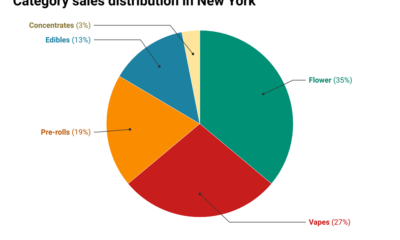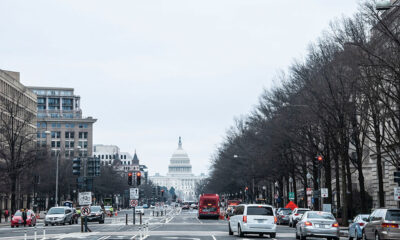Massachusetts regulators will require cannabis businesses to use a single laboratory for all compliance testing in an effort to prevent companies from shopping around for favorable test results.
The state’s Cannabis Control Commission voted 3-0 to require licensed businesses submit testing samples to one independent laboratory starting April 1, 2025, according to an administrative order advanced Thursday. The new rule is meant to close loopholes that some say have allowed companies to shop around for labs to juice their numbers for market share.
“This administrative order continues our mission of being a strong regulator,” Acting Executive Director Debbie Hilton-Creek said in a statement.
Under current rules, companies can split testing among multiple labs. The practice has led some facilities to report suspiciously high THC levels or overlook contamination to attract business.
The commission’s enforcement team said the changes would reduce risks of noncompliant products reaching consumers and improve audit capabilities. The move follows a November listening session in which testing concerns were raised, according to the announcement.
If an original testing lab needs to subcontract work, they must first obtain commission approval and demonstrate they are “incapable of performing certain required tests due to a hardship.” Labs also can only subcontract with one other facility at a time.
“The commission shall only approve subcontracting agreements when the Originating Independent Testing Laboratory is incapable of performing certain required tests due to a hardship relative to its facilities, instrumentation, personnel, or required consumable materials or in the event of an actual or potential conflict of interest,” according to the order.
Results must be uploaded to the state’s tracking system within 72 hours, with all certificates of analysis containing the complete testing results, including any subcontracted work, it said.
The commission will also begin publishing THC test results on its public data platform and establishing regular meetings with licensed laboratories to improve oversight.
The commission thus far has struggled to implement effective testing oversight. Earlier this year, the agency contracted with a private lab for a “secret shopper” program to verify retail products’ test results, Green Market Report previously reported. Unlike other major cannabis markets such as California and Colorado, Massachusetts lacks a state reference lab to independently verify commercial lab results.
Analysis of testing data by MCR Labs found that across multiple states, laboratories reporting higher THC concentrations tend to increase their market share while those reporting average failure rates lose business, according to Chemical & Engineering News.

 Mississippi Cannabis News8 months ago
Mississippi Cannabis News8 months ago
 Bay Smokes6 months ago
Bay Smokes6 months ago
 California8 months ago
California8 months ago
 Breaking News7 months ago
Breaking News7 months ago
 Mississippi Cannabis News7 months ago
Mississippi Cannabis News7 months ago
 best list5 months ago
best list5 months ago
 cbd7 months ago
cbd7 months ago
 California Cannabis Updates7 months ago
California Cannabis Updates7 months ago










































